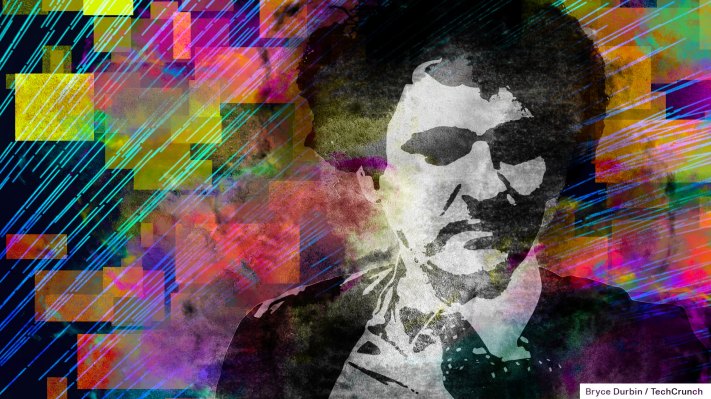Sam Bankman-Fried has been on trial on charges of fraud and money laundering for just over four weeks, and the case looks like it’s finally drawing to a close. The prosecution began its closing statements on Wednesday; it was the defense’s turn after lunch.
Assistant U.S. attorney Nicolas Roos stood in front of jurors from 10 a.m. ET until the court broke for lunch around 1 p.m. reiterating the prosecution’s case: Bankman-Fried lied, made false promises and is responsible for billions of dollars lost for thousands of investors on FTX. And on top of that, that Bankman-Fried had many opportunities to come clean, but didn’t.
At one especially dramatic moment, Roos pointed at the defendant and said, “Who is responsible? This man: Samuel Bankman-Fried.” The former CEO of FTX did not look back, but he tilted his head slightly.
Meanwhile, Mark Cohen, Bankman-Fried’s lead attorney, said the government is making a Hallmark movie-like case against Bankman-Fried and that he made “bad business judgments.”
“The government has tried to paint Sam into some sort of villain, some sort of monster,” Cohen said, using a soft voice. He mentioned that the prosecution has brought up his looks, the $30 million Bahamas apartment in which he lived with other execs, celebrity connections and his sex life. The prosecution did this, Cohen said, “to make him into someone you dislike … rather than make the case.”
His appearance, romantic relationships or being the “worst dressed CEO” have nothing to do with whether he’s guilty, Cohen said. “Every movie needs a villain … they wrote him in as [one].”
The prosecutor emphasized how it was wrong of FTX to use customers’ funds without their knowledge or approval. “It was a universal view: Customer funds belong to customers and can’t be used,” Roos said, adding that even FTX’s terms of service stated that users’ deposits belonged to users.
According to the evidence, there was a “huge difference between what FTX said it had for customers versus what it actually had” and how billions of dollars were missing, Roos said. “This is not about complicated crypto [terms]. It’s about deception. It’s about lies. It’s about stealing; greed.”
The prosecutor brought up Bankman-Fried’s testimony, noting how on Friday — when his defense was asking questions — his testimony “was smooth,” but when it came for prosecutors to cross-examine, the defendant’s “perfect memory” disappeared and “he was a different person.”
Cohen said that Bankman-Fried was “far from polished.” But argued he testified “because he wanted to tell [jurors] what happened,” and that any answer he said was deemed “too long” or “too short” or he was “being evasive,” so “nothing could satisfy the government’s view of him.”
He emphasized, again, the prosecutors “portrayed Sam as a villain, a criminal mastermind.” At that moment, Bankman-Fried looked at his lawyer and jurors. He continued to fidget and so did his mother, Barbara Fried, as they both have been throughout the trial.
The prosecution highlighted again that Alameda was just taking the “borrowed,” or stolen, customer money for its own expenses and purposes, and Bankman-Fried testified that he knew the crypto trading firm he founded had secret advantages and privileges for “unlimited amounts of money, without restrictions,” Roos said.
Cohen mocked that the “perhaps the most villainous act” was to create “backdoor codes to steal money.” But these codes weren’t secret, he said, and anyone with access to the code base could see them. He also said that some codes were created for “bookkeeping and accounting purposes,” not to “abuse customers.”
But during Roos’ arguments, he said, “The defendant knew what he was doing was wrong.”
One juror raised her eyebrows and bit her lip when Roos said this. When Roos said borrowing from FTX was essentially money for Alameda to steal, another female juror looked at him and nodded.
And when FTX collapsed, Roos said, Bankman-Fried doubled down on his “lies” by making public statements like “FTX is fine. Assets are fine.”
Bankman-Fried faces a maximum sentence of 115 years for seven charges related to fraud, money laundering and conspiracy. The court will be closed on Friday, so unless a verdict is handed down on Thursday — which seems unlikely given the latest timeline — we’ll have to wait until at least next week to see how it pans out.
This story has been updated to include the defense’s closing arguments.
